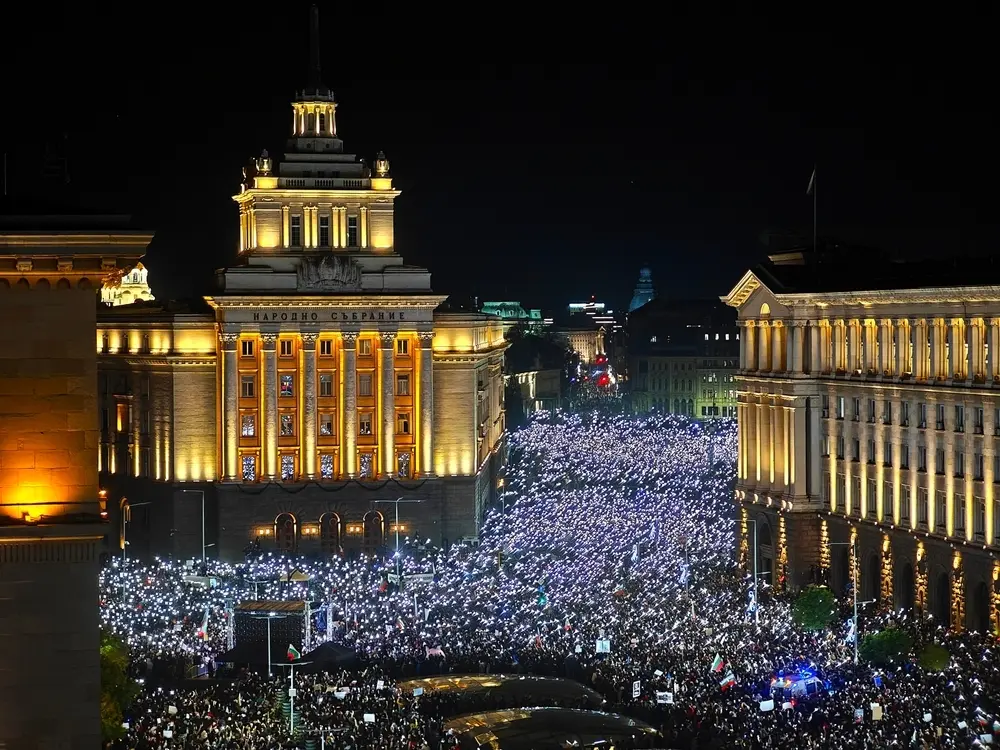There is no universally accepted definition of a minority in international law: the international community has been unable to agree on such a definition either in the context of the UN, the OSCE or the Council of Europe. However, it is an established principle of international law that the existence of a minority is a question of fact, not of definition. Most definitions which have been put forward at the international level are very similar. A minority is in essence a community with distinctive features (language, religion, etc.), which assumes a non-dominant position within a State and wishes to maintain its distinctive features. The most widely used definition is that of Capotorti, who studied the subject for the United Nations. He defined a minority as "a group numerically inferior to the rest of the population of a State, in a non-dominant position, whose members -being nationals of the State -possess ethnic, religious or linguistic characteristics differing from those of the rest of the population and show, if only implicitly, a sense of solidarity, directed towards preserving their culture, traditions, religion or language".
Very few States in the Balkans have relied on such a definition of a minority in their legal texts. Their practice is still very much influenced by the concept of nationalities that was in use in the former Yugoslavia. Ethnic groups were then accorded a different treatment according to whether they were deemed to be "nations" (the titular group of one republic), "nationalities" (having lesser rights than "nations", but enjoying considerable cultural autonomy throught the territory of the federation) and "other nationalities and ethnic groups" (comprising smaller groups and having still less rights). Successor States of the former Yugoslavia thus do not provide a definition but a list of "recognised" minorities, which are more or less arbitrarily drawn, often include differential categories, and almost always leave some groups outside the minority protection framework. Thus the Croatian Constitution listed only seven minorities until 2000, and now lists sixteen of them. Only Italians, Hungarians and Romas are recognised as minorities in Slovenia. And the FRY does not recognise the Croats, Vlachs, Sandzac Muslims and Romas as minorities.
Torna al Sommario Guida Minoranze
In evidenza
- Partecipa al sondaggio












